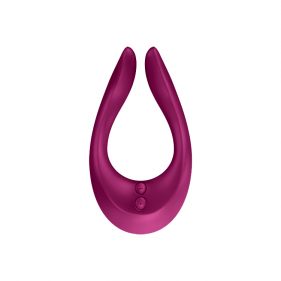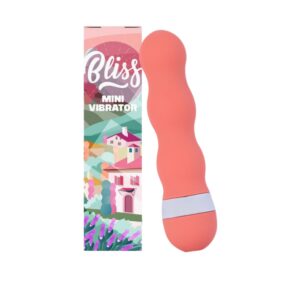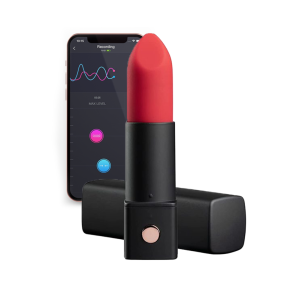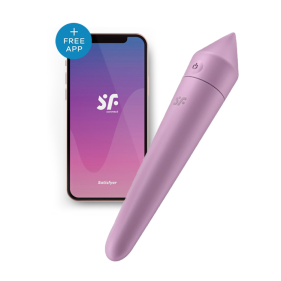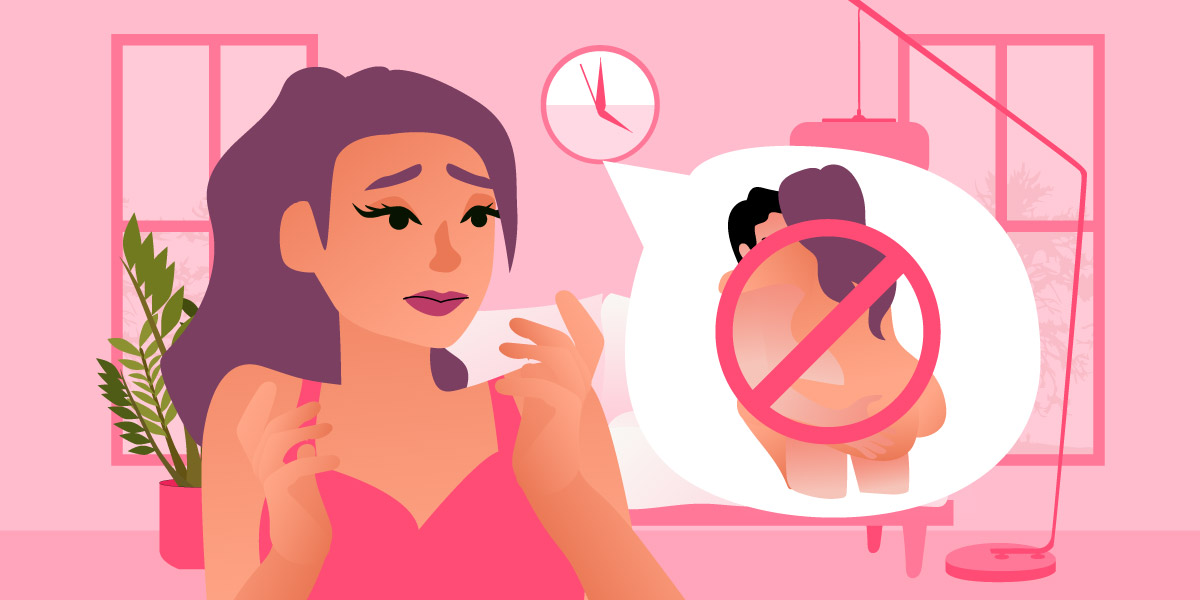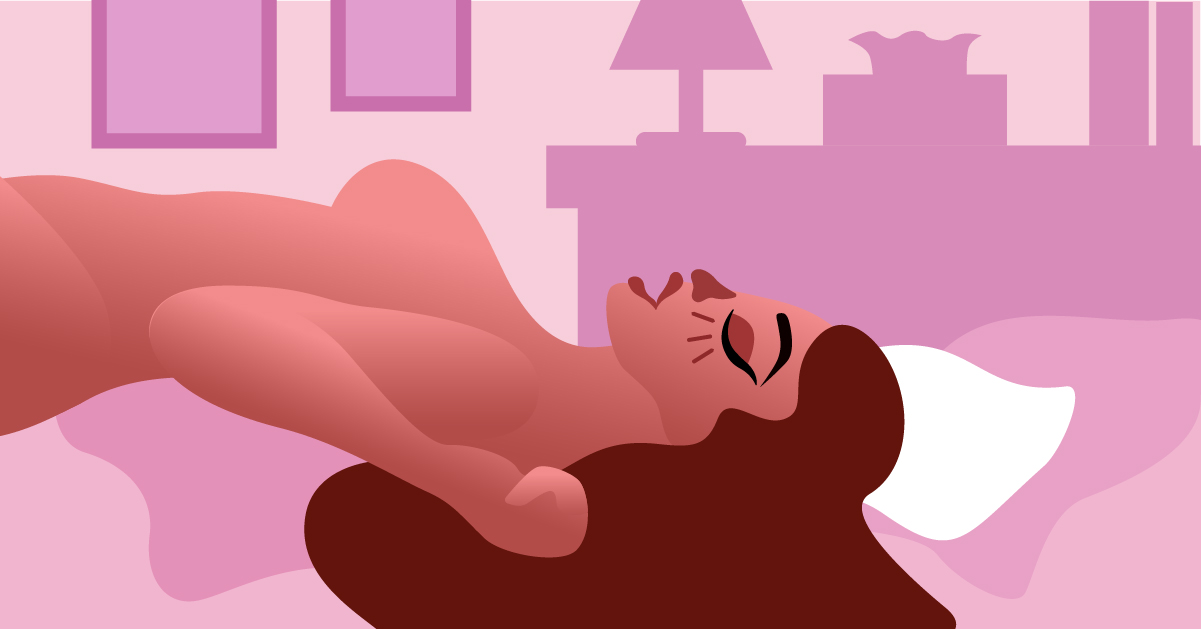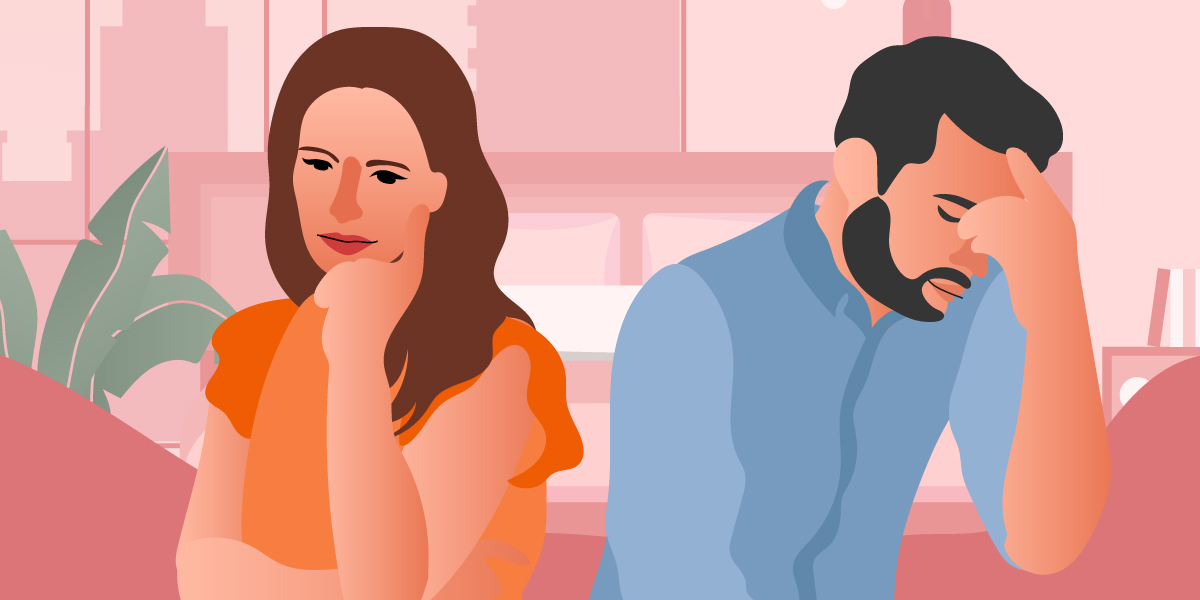
Unprude, in collaboration with Kindred, Jellytime, and Soulful Feasts by Stephanie Zubiri, recently launched Unbecoming, the first sexual wellness summit in the Philippines.
This groundbreaking event spotlighted crucial topics like the importance of being in tune with your sexual health, understanding SOGIE (Sexual Orientation, Gender Identity, and Expression), and the challenges faced by businesses in the sexual wellness industry. By creating a space for dialogue, the summit encourages individuals to embrace their sexuality without shame, paving the way for a more informed and empowered community.
But not all topics were solely focused on sex. One of the keynote speakers at the event was Sanaiyah Gurnamal, a love coach and host of the Project Loving Myself podcast. She discussed the concept of love blocks and how it can affect your current or future relationship.
What is a Love Block?
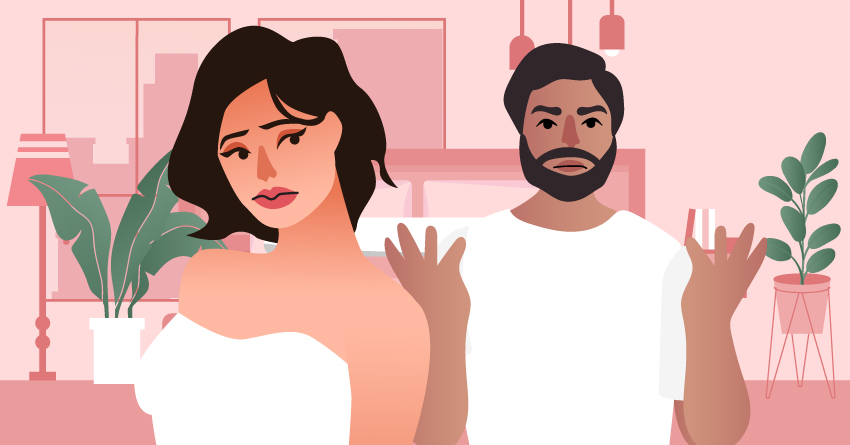
In her keynote speech, Sanaiyah highlighted one of the biggest misconceptions about relationships: the belief that there is only one soulmate for everyone— that love is all about waiting for the perfect person to come along.
This notion is false, as getting into the right relationship involves personal growth and forming meaningful connections. However, some individuals may struggle to create those connections due to hidden love blocks.
A love block is a psychological barrier often stem from childhood experiences, family dynamics, and past relationships. It can then impact how one approaches intimacy, conflicts, and other important aspects of a relationship.
Common Love Blocks
Here are some common love blocks that can prevent people from forming the deep connections they truly desire:
1Commitment-Phobe
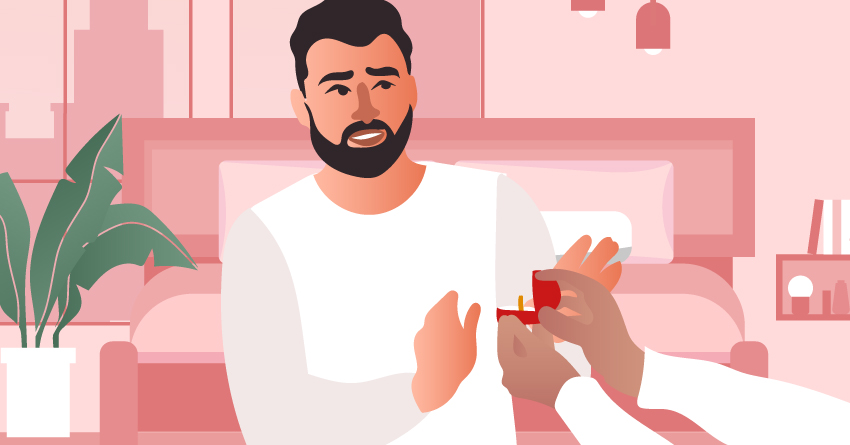
You might feel scared or anxious when someone tries to take your relationship to the next level, even if they seem perfect for you. You might also hesitate to fully invest in a relationship, worried that it will become predictable or dull over time. This mindset can prevent you from experiencing the depth and joy of nurturing a deep connection.
-
Original price was: ₱4,045.00.₱3,640.50Current price is: ₱3,640.50.
-
₱3,450.00
-
₱3,250.00
-
₱169.00
2People Pleaser
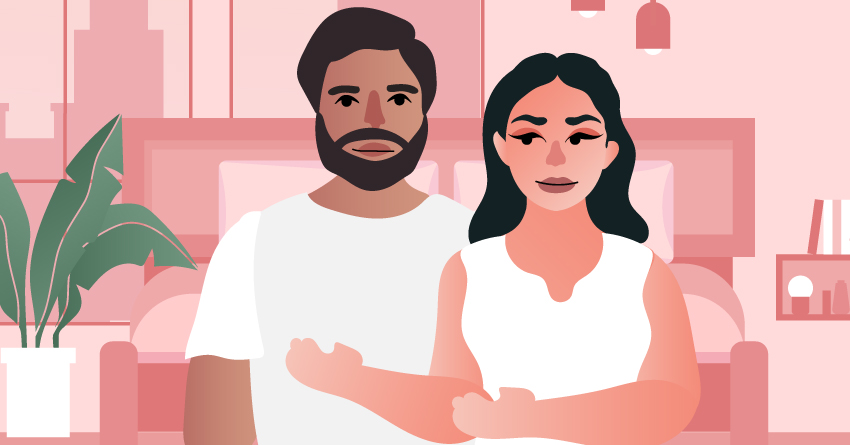
You often prioritize your partner’s needs and happiness over your own, believing you’re only worthy when you can provide something for your partner. You also tend to adjust your interests and personality to align with your partner’s, hoping to gain their approval.
Without establishing clear boundaries, your partner might take you for granted, leading to a lack of respect for your needs. Over time, you may feel like you’ve lost your true self, buried under the weight of trying to be what your partner wants.
-
₱995.00
-
₱5,455.00
-
₱169.00
3Runaway Bride
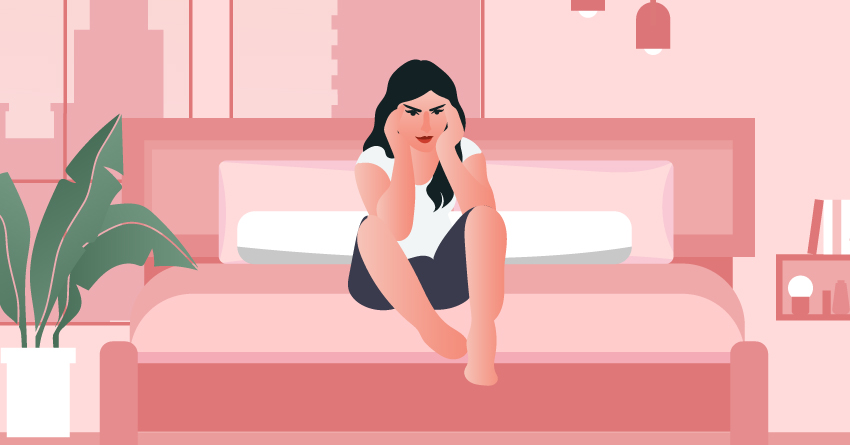
As the name suggests, you tend to flee at the first sign of trouble in a relationship. Rather than addressing issues head-on with your partner, you retreat and build emotional walls around yourself.
Past experiences may have taught you that trying to resolve conflicts only leads to heartache, making love feel like a risky endeavor. This avoidance can lead to unresolved issues piling up, bringing more trouble in the relationship.
4The Caretaker

If you grew up in an environment where you had to take care of everyone because your parents weren’t as involved at home, you may find yourself slipping into a caretaker role in your romantic relationships.
While being nurturing and supportive are positive traits, this pattern can lead to unhealthy dynamics. Not only might your partner take advantage of your nurturing instincts, but you could also experience significant relationship burnout from putting in so much effort. Overextending yourself can lead to frustration and resentment, especially if your partner isn’t reciprocating the same level of care.
-
₱2,695.00
-
₱3,395.00
-
₱2,695.00
-
₱2,695.00
5Stuck in Reverse
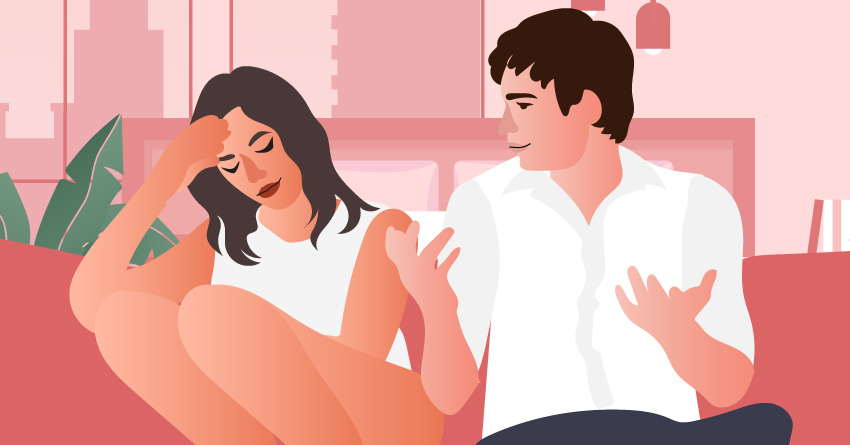
You often think about past partners, ruminating on what might have been. Even the smallest reminders can send you spiraling back into those memories, and you can’t help but share them with others. You might also compare your current dates to your exes, making them seem like the ideal partner no one else can measure up to.
But in doing this, you’re holding yourself back from someone who could truly love you and offer the kind of relationship your ex never could.
How to Recognize Your Love Blocks
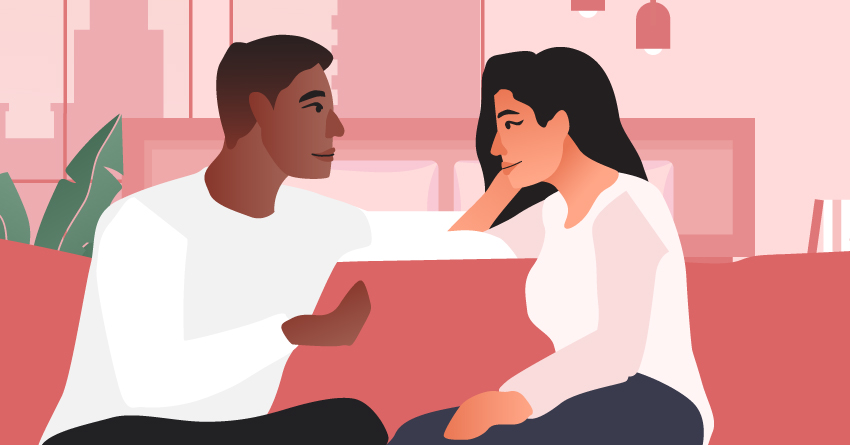
As Sanaiyah shared at the summit, identifying your love blocks starts with checking your “relationship inventory.” Take some time to list your relationships with parents, friends, and past partners, then reflect on any actions or patterns.
Don’t rush this process; it can be challenging as it often involves revisiting some uncomfortable memories. However, the sooner you uncover what’s holding you back from forming meaningful connections, the sooner you can open yourself up to that special someone.
To help you reflect, we highly recommend answering this love quiz. It only takes a minute, but the insights you gain from the results can be incredibly valuable in your journey of reflection and healing.
How to Move Forward
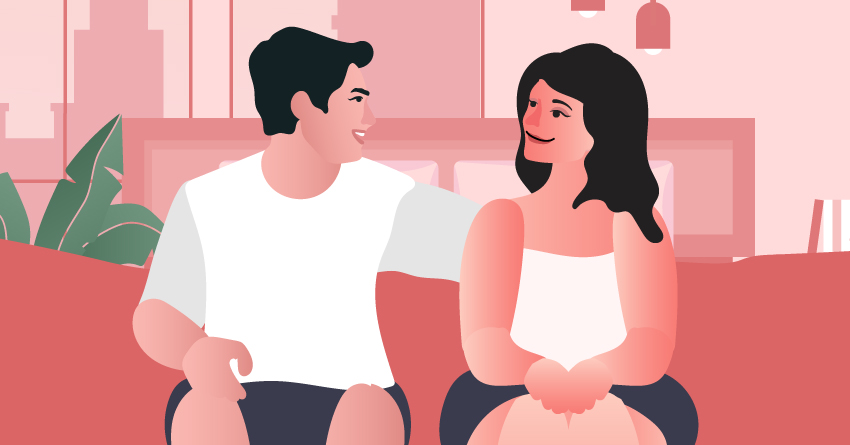
Once you’ve identified your love blocks, it’s time to use that knowledge as a foundation to gradually shift your mindset.
For example, if you find yourself stuck in the past and constantly thinking about your ex, consider taking proactive steps to create some distance. This might mean removing items from your home that remind you of them, asking your friends to avoid bringing them up, and even blocking their social media accounts (if you haven’t already).
If you feel overwhelmed or need additional support, seeking help from a professional can be a game changer. Consider reaching out to a therapist specializing in relationships or even the creator of the love blocks concept herself, Sanaiyah Gurnamal. She offers coaching sessions and special programs like the 8-Week Soulmate Magnet program.
Takeaway
Love blocks can be tough to unlearn, but the good news is that they’re not impossible to overcome! It all starts with taking a moment to really reflect on the root causes of those mental barriers.
Once you’ve identified where they come from, you can take small steps outside your comfort zone. This might mean trying new things, embracing vulnerability, or even having those tough conversations you’ve been avoiding. The key is to take action—little by little—so you can break the cycle and pave the way for healthier relationships.
